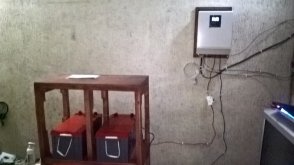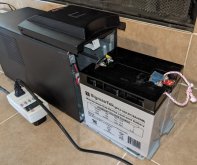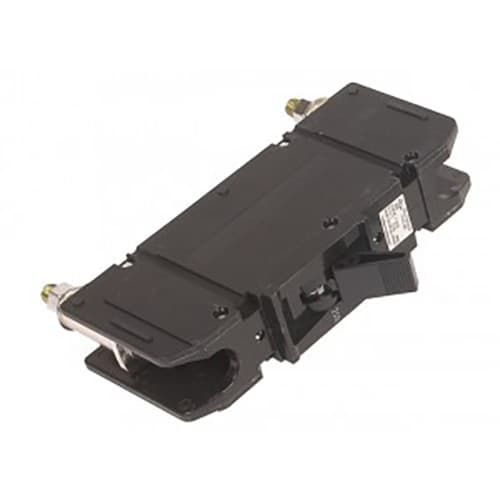mrobinson
New Member
- Joined
- Mar 16, 2021
- Messages
- 7
G'day, I've attached a pic of my new recent setup which is carrying my lights and ceiling fans OK but when I switch on my LG fridge (which I had upgraded for max efficiency and thus have NO idea what Wattage it's consuming), the 32A fuse attached b/w the 12V 200AH Batteries and 24V 3KVA Inverter, trips off at the initial surge load!
Pls can anyone help me resolve this before I buy my Solar Panels as am currently charging my two 12V 200AH Batteries via Inverter AC Input to my Gasoline generator.
Pls help a newbie Nigerian (African Continent; Lagos-Nigeria) out. PLS, PLS....
Pls can anyone help me resolve this before I buy my Solar Panels as am currently charging my two 12V 200AH Batteries via Inverter AC Input to my Gasoline generator.
Pls help a newbie Nigerian (African Continent; Lagos-Nigeria) out. PLS, PLS....





